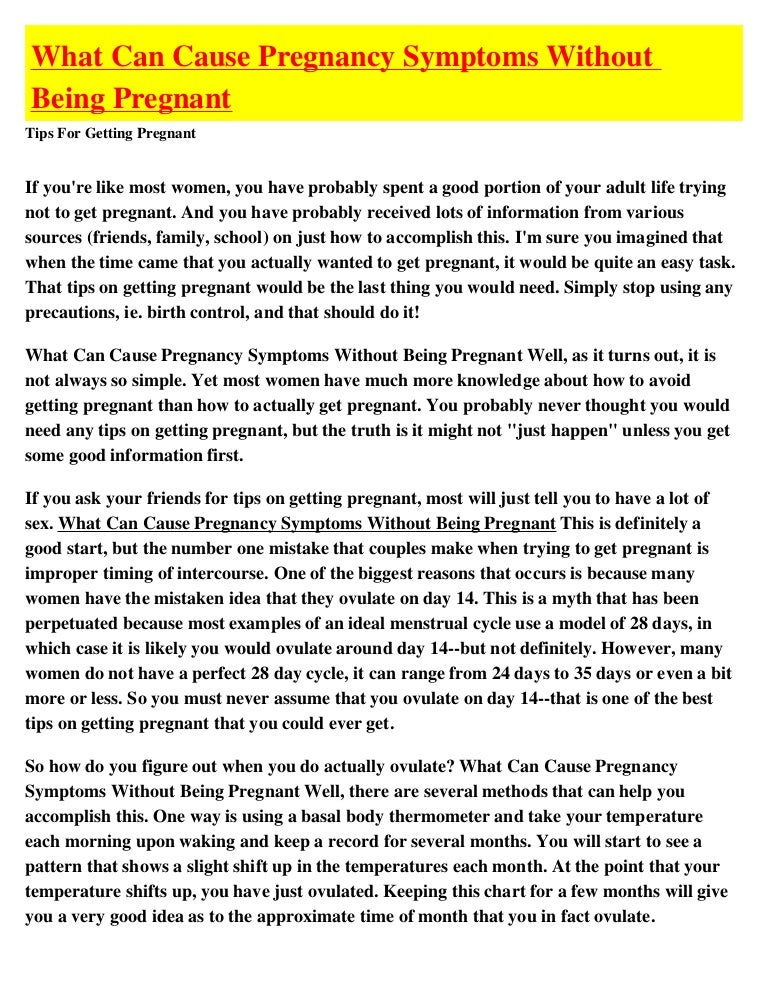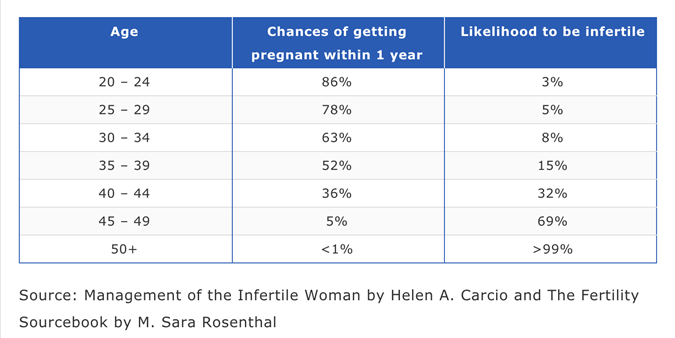However if your healthcare provider recommends testing they will let you know when you can resume being around others based on your test results. Those researchers concluded that about 44 percent of COVID-19 infections spread from person to person before symptom onset.
 Covid 19 Guidance For Self Home Quarantine Arkansas Department Of Health
Covid 19 Guidance For Self Home Quarantine Arkansas Department Of Health
1 day agoSo when you are infected with the severe acute respiratory syndrome coronavirus 2 SARS-CoV2 stay away from others and isolate yourself until your are no longer contagious.

How long after exposure are you contagious. We know that a person with COVID-19 may be contagious 48 hours before starting to experience symptoms. Researchers estimate that people who get infected with the coronavirus can spread it to others 2 to 3 days before symptoms start and are most contagious 1 to 2 days. Generally there is a five to seven day.
Children should stay home from school or child care for at least 48. Generally there is a five to seven day. Infectious disease expert Amesh A.
The virus can remain in your stool for up to two weeks or more after recovery. The incubation period for COVID-19 the time between when you become infected with a virus and when you begin to show symptoms is believed to be around five days. The only way to be sure youre no longer spreading COVID-19 is.
At least 10 days since symptoms first appeared AND at least 24 hours with no fever without fever-reducing medications AND symptoms have improved. Although you typically feel better after a day or two youre contagious for a few days after you recover. There are usually a couple days between exposure and infectiousness Dr.
Until 10 days after exposure no symptoms and without testing OR until 7 days after exposure no symptoms and with a negative test result occurring on day 6 or later. However this can depend on the specific virus. The provider should be considered potentially infectious beginning 2 days after the exposure until criteria to discontinue Transmission-Based Precautions or Home Isolation are met.
Harvard Health studies have found that you are most contagious in the early stages of the disease but you probably remain contagious for at least 10 days after your start to experience symptoms. People rarely get symptoms directly after exposure. If an exposure is identified.
There are usually a couple days between exposure and infectiousness Dr. Once youve been exposed to strep throat it takes about two to five days to develop symptoms and youre contagious during this time even if you dont yet realize youre sick. Typically it takes a few days after exposure for symptoms to appear.
People rarely get symptoms directly after exposure. The time from exposure to symptom onset known as the incubation period is thought to be two to 14 days though symptoms typically appear within four or five days after exposure. If the date of exposure cannot be determined.
The incubation period for HSV-1. It is generally accepted that patients with mild to moderate cases of COVID-19 may be contagious for up to ten days after the onset of symptoms. If you continue to have no symptoms you can be with others after 10 days have passed since you had a positive viral test for COVID-19.
Once youve contracted HSV there will be an incubation period the time it takes from contracting the virus until the first symptom appears. Another study which looked at 77 pairs of individuals in which one person infected the other found that contagiousness both began and peaked before the first symptoms of illness 23 days and 07 days respectively. While the Centers for Disease Control and Prevention CDC and other public-health authorities put the incubation period for the virus at 214 days most people who become ill develop symptoms between five and six days after exposure.
Most people do not require testing to decide when they can be around others. Adalja MD senior scholar at the Johns Hopkins Center for Health Security in Maryland tells Health that someone who has. How long are you contagious with stomach flu.
Patients with more severe cases may be.








